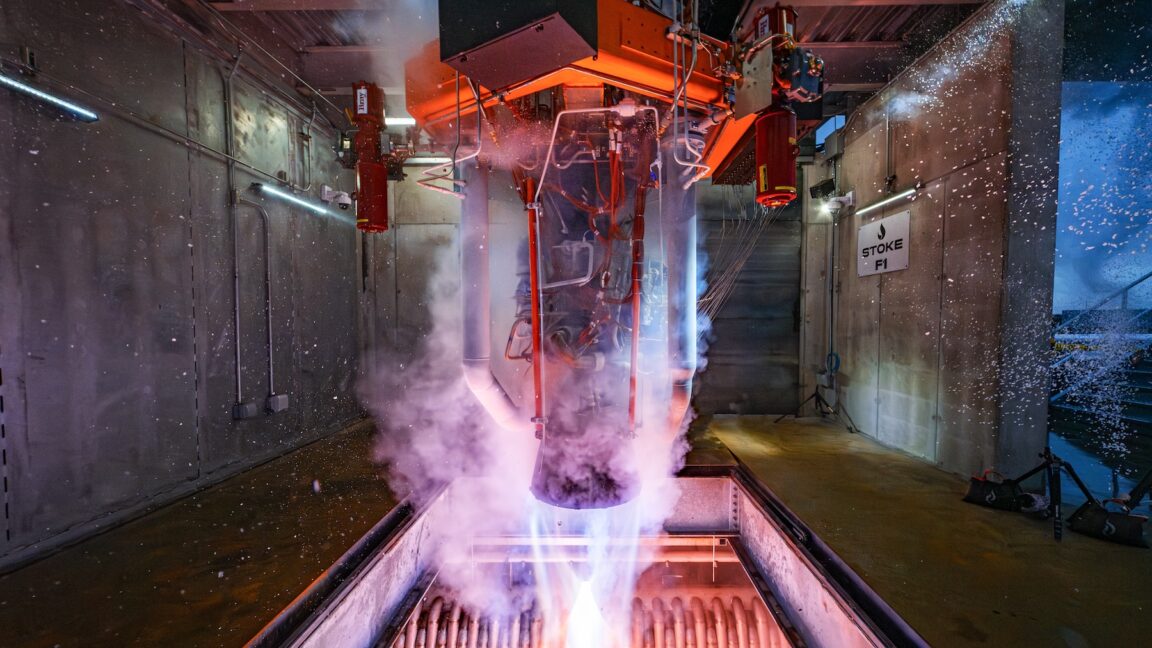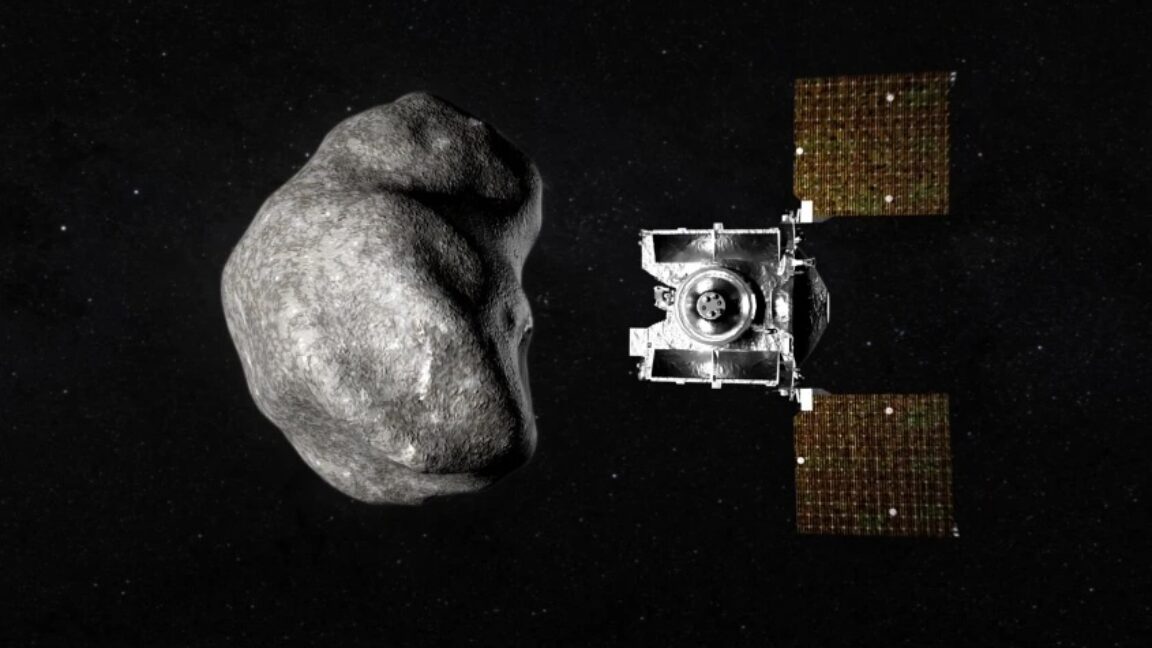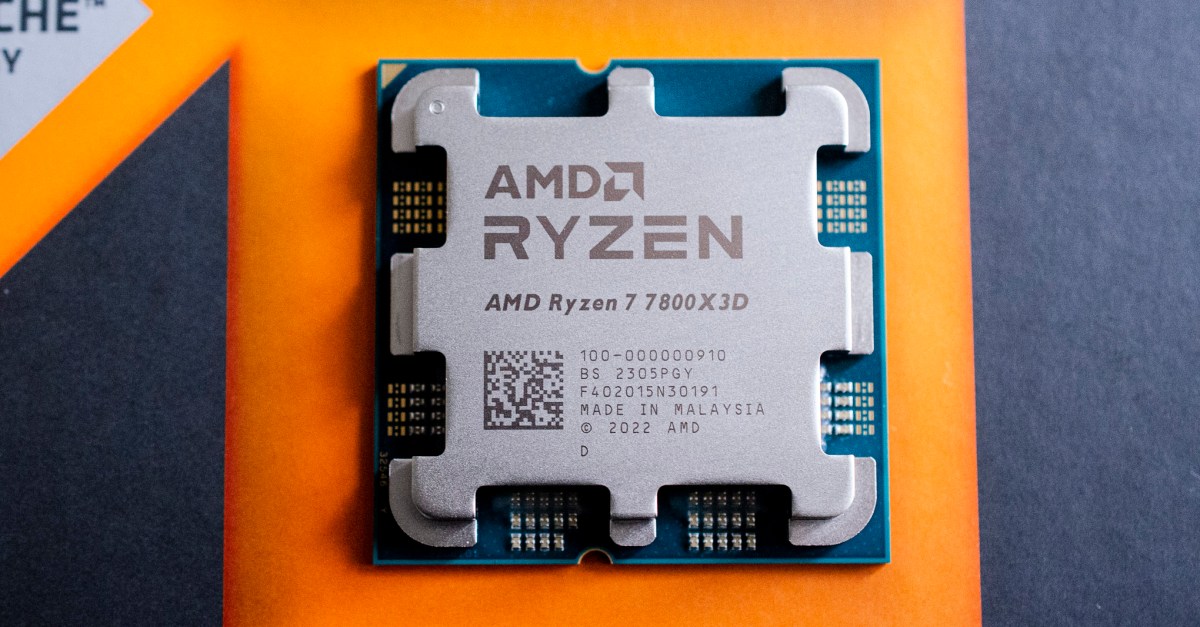
Stoke Space announced a significant capital raise on Wednesday, a total of $510 million as part of Series D funding. The new financing doubles the total capital raised by Stoke Space, founded in 2020, to $990 million.
The infusion of money will provide the company with “the runway to complete development” of the Nova rocket and demonstrate its capability through its first flights, said Andy Lapsa, the company’s co-founder and chief executive, in a news release characterizing the new funding.
Stoke is working toward a 2026 launch of the medium-lift Nova rocket. The rocket’s innovative design is intended to be fully reusable from the payload fairing on down, with a regeneratively cooled heat shield on the vehicle’s second stage. In fully reusable mode, Nova will have a payload capacity of 3 metric tons to low-Earth orbit, and up to 7 tons in fully expendable mode.
Another bright fundraising star
There are some striking parallels between Stoke Space’s latest fundraising announcement and another forward-leaning launch company, Relativity Space. The latter was founded in 2016 with the promise of 3D-printing a rocket nearly in its entirety.
In November 2020, Relativity disclosed its own Series D funding, $500 million. At the time, the company had about 230 employees and was planning a launch the following year. Stoke presently has about 280 employees and intends to launch Nova next year.
Instead of lifting off in 2021, however, Relativity’s Terran 1 rocket would not launch for the first time until 2023, and since that time, the company has not flown again. In fact, Relativity nearly filed for bankruptcy last year before it received a large infusion of cash from Eric Schmidt, the former Google executive. Relativity has now largely abandoned additive manufacturing rockets and is focused on the development of a more traditional rocket, the Terran R vehicle.















Leave a Reply